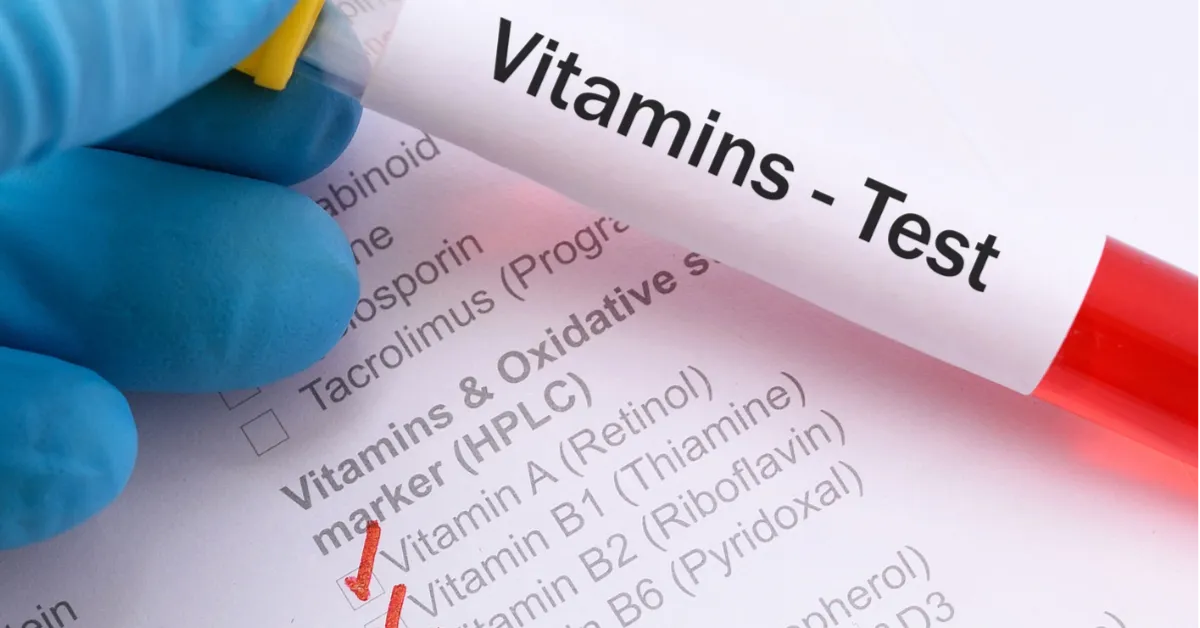CLSI M64 Vitamin C Quantification in Ready-to-Drink Beverages
The CLSI M64 method is a widely recognized standard used to quantify vitamin C (ascorbic acid) in ready-to-drink beverages. This service plays a crucial role in ensuring the quality and safety of products destined for human consumption, especially those marketed as healthful or naturally sourced. The CLSI M64 protocol offers robust guidelines that ensure consistent results across laboratories, which is essential for maintaining trust with consumers.
Ready-to-drink beverages are subject to various environmental factors during transportation and storage, which can affect the stability of vitamin C. This method helps manufacturers monitor the integrity of their products throughout the supply chain. Compliance with CLSI M64 ensures that vitamin content remains within acceptable limits, thereby supporting product claims and safeguarding consumer health.
The method involves several key steps: sample preparation, extraction, derivatization if necessary, and spectrophotometric analysis. Each step is meticulously controlled to minimize errors and ensure accurate quantification of ascorbic acid. The precision and accuracy of the results are critical for regulatory compliance and product integrity.
CLSI M64 specifies detailed procedures that account for the complexities inherent in beverage matrices. These include interference from other compounds, potential degradation products, and the presence of antioxidants or preservatives that could affect the assay. By adhering to these stringent guidelines, laboratories can achieve reliable results that are reproducible under similar conditions.
Understanding the intricacies of CLSI M64 is essential for accurate interpretation of test outcomes. This method relies on careful selection of reagents and instruments, along with strict adherence to procedural steps. The use of advanced spectrophotometers ensures precise measurement, while standardized calibration procedures guarantee consistency in results across different batches.
The importance of this service extends beyond quality control; it also supports ongoing R&D efforts aimed at improving product formulations. By providing accurate vitamin C content data, laboratories enable developers to fine-tune formulations and ensure they meet nutritional standards set by regulatory bodies.
Furthermore, compliance with CLSI M64 helps companies stay ahead of potential recalls or legal challenges related to product safety or labeling discrepancies. In an era where consumer awareness about ingredient transparency is growing, accurate vitamin content data can bolster brand reputation and customer trust.
Applied Standards
| Applied Standard | Description |
|---|---|
| CLSI M64 | This method provides standardized procedures for quantifying ascorbic acid in various matrices, including ready-to-drink beverages. It ensures accurate and consistent results across different laboratories. |
Scope and Methodology
The scope of this service includes the quantitative determination of vitamin C in a wide range of ready-to-drink beverage types, such as juices, sports drinks, and fruit-based mixtures. The methodology involves several critical steps designed to yield precise results:
- Sample Preparation: Samples are collected from the production line or storage facilities according to predefined protocols.
- Extraction: Extracting vitamin C from the beverage matrix is crucial for accurate measurement. This step ensures that all ascorbic acid is available for analysis.
- Derivatization (if necessary): For some samples, derivatization may be required to enhance detection sensitivity or specificity.
- Spectrophotometric Analysis: The extracted and optionally derivatized vitamin C undergoes spectrophotometric analysis using a suitable instrument. Calibration of the spectrophotometer is essential for accurate readings.
Each step in this process requires careful handling to prevent contamination or degradation, which could lead to inaccurate results. Compliance with CLSI M64 ensures that these steps are followed rigorously, leading to reliable quantification.
Benefits
- Regulatory Compliance: Ensures adherence to international standards and local regulations concerning nutritional labeling.
- Quality Control: Provides consistent results that support product integrity and reliability.
- R&D Support: Facilitates the development of new products by providing accurate baseline data on vitamin C content.
- Consumer Trust: Accurate quantification enhances brand reputation and builds consumer confidence in product claims.
- Legal Protection <|im_start|><|im_start|>HeaderCode





